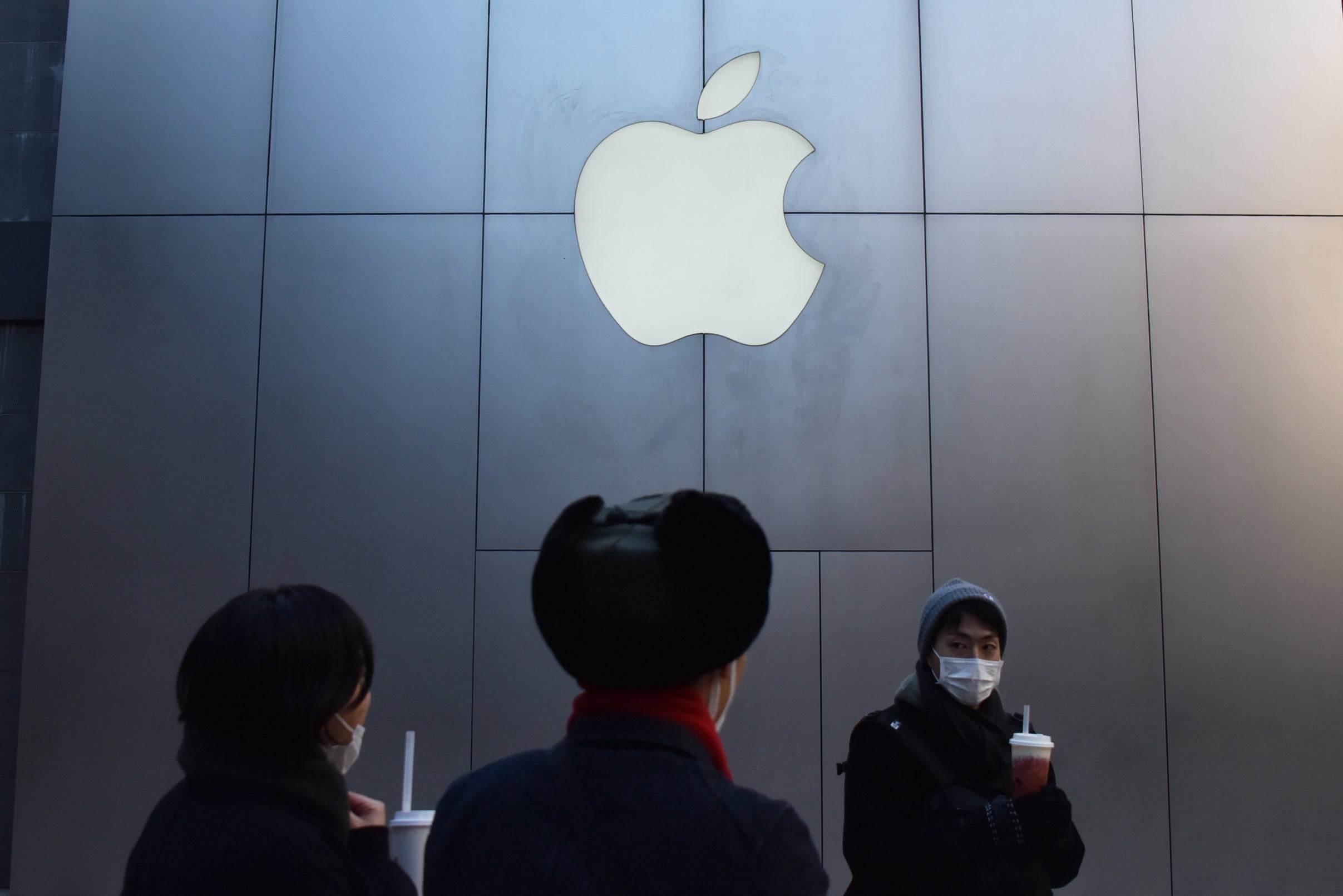Apple removes WhatsApp and Threads from App Store in China

Apple has taken WhatsApp, Threads and others off the App Store in China, in response to a government request.
Meta’s messaging apps, alongside other foreign chat platforms Telegram and Signal, were no longer available to download onto the iPhone in the country.
Apple said the removal had been demanded by the Cyberspace Administration of China. “We are obligated to follow the laws in the countries where we operate, even when we disagree,” it said in a statement.
Neither Chinese officials or Apple gave any detailed information on why the apps were no longer available, though the country blamed “national security concerns”. But recent rules required developers to register with the government or face their apps being removed.
Experts suggested that many more apps may be taken down as part of those rules, given that the deadline of 1 April recently passed.
None of the apps are especially popular in China. The country largely uses WeChat, which is developed by Chinese company Tencent.
Other Meta apps such as Facebook were still available through the App Store. The ban also did not take in other social networking apps.
Previously, Chinese users were able to download WhatsApp and other similar apps. But they were only able to actually use them through a virtual private network, because the internet service that powers them was blocked by China’s “Great Firewall”.
In the past, Meta and its chief executive Mark Zuckerberg have courted the Chinese government in an attempt to expand into the country. But the company has failed to gain official permission to operate there.
Apple has long relied heavily on China for both manufacturing as well as for a large proportion of its customers. Recent months have seen falling sales in the country, however.
Join our commenting forum
Join thought-provoking conversations, follow other Independent readers and see their replies
Comments
Bookmark popover
Removed from bookmarks